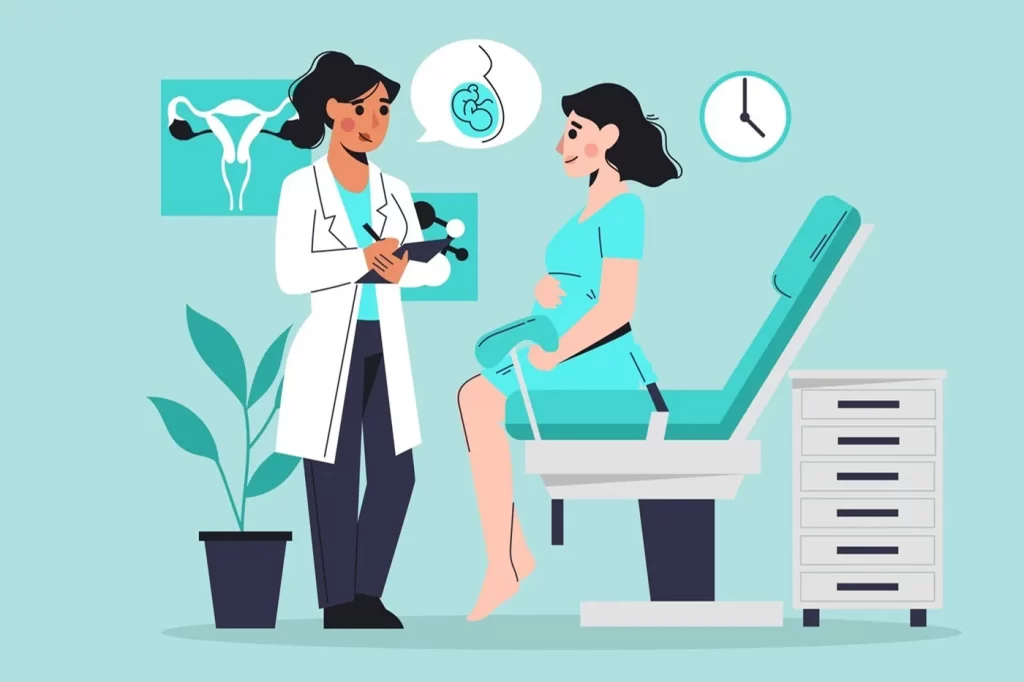
Embarking on IVF treatment can bring about numerous questions and concerns. Bengaluru’s (Bangalore’s) top IVF specialists are your primary resource for all medical inquiries since they offer guidance tailored to your unique circumstances and medical history. They provide assistance with the following IVF-related issues:
- Are there risks and side effects associated with IVF?
Side effects may include ovarian hyperstimulation, mild pelvic discomfort, bloating, hot flashes, mood alterations, nausea, breast sensitivity, soreness or bruising from injections, and potential pelvic infections.
- Is there a possibility of an ectopic pregnancy with IVF?
The likelihood of an ectopic pregnancy, where the embryo implants outside the uterus can marginally increase with IVF. If you have a positive pregnancy test post-IVF, an ultrasound scan is done after six weeks to ensure the embryo’s normal growth and a regular pregnancy.
- Does IVF treatment cause stress?
Undergoing IVF can be psychologically and emotionally taxing, both for the patient and their partner. The experience can demand a lot of physical and emotional strength. Reduced drug protocols may help in lowering stress levels during treatment.
- What alternatives exist to IVF?
Other options might include intrauterine insemination (IUI), fertility drugs, lifestyle changes, or other assisted reproductive technologies like using donor sperm or eggs. Fertility specialists, based on your condition, will suggest the best alternative.
- What’s involved in a fertility assessment?
An infertility evaluation consists of tests and examinations to identify why conception hasn’t occurred. If a cause is identified, it may be treatable. Infertility testing includes lab tests, imaging, and other procedures to examine reproductive organs.
- What are the risks for older women doing IVF?
Older women face higher risks, such as hypertension and gestational diabetes, during any pregnancy, including those conceived through IVF. They also have higher chances of needing a caesarean section delivery. IVF pregnancies are usually considered high-risk due to their nature and might increase the chances of miscarriage, preeclampsia, and preterm birth, especially following years of infertility.
- Is the IVF procedure painful?
Pain levels during IVF can vary, with some discomfort usually linked to hormonal injections and egg retrieval. The retrieval is performed under sedation to minimize pain, though there may be some discomfort and cramping afterwards. Discuss the management of pain with your doctor.
- Can IVF result in birth defects?
While IVF hasn’t been definitively linked to birth defects, some studies indicate a slightly elevated risk, potentially related to delayed conception or the cause of infertility itself.
- Why might IVF treatments fail?
IVF failure can be due to premature ovulation, no eggs developing, too many eggs, eggs not fertilizing, sperm quality, embryos ceasing growth or failing to implant, or issues during egg retrieval or embryo transfer. Your healthcare provider and an IVF expert doctor will review each step to devise a future treatment strategy.
Facing infertility and IVF-related questions is tough, but do not worry support is available. We invite you to share your fertility issues, and experiences to explore your options with us at Ovum Fertility, including determining if IVF is the right choice for you.